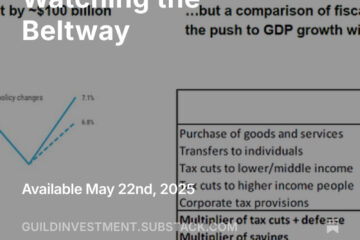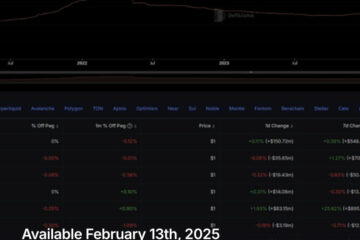Reading time: 4 minutes
The U.S. Market
The U.S. is undergoing a rolling correction as industry after industry corrects and then stabilizes. Higher interest rates will benefit some industries more than others, and the key is that the industries most benefitted by higher rates are only benefitted as long as higher rates still stay below the rise in inflation. Currently U.S. Treasury interest rates are 0.15% for the two-year, 0.83% for the five-year, and 1.63% for the ten-year. Last Thursday, the Consumer Price Index as of March 10 registered 1.7% for year-over-year inflation.
We believe that this inflation number will be near 3% by the end of 2021. In our view, rates on Treasury securities of five years and below compete with stocks for allocation of investor money, so if short-term interest rates compete with stocks, there is no danger of crowding out by money flowing to five-year bonds at the current juncture.
U.S. stocks in the inflation beneficiary categories include industrials with operating leverage, and materials which can see price increases as demand for infrastructure and capital spending rise, as well as consumer stocks which offer value for dollar expended. Other assets that benefit from inflation obviously include gold and cryptocurrencies.
Tax Increases
Watch out for tax increases. “Trial balloons” are being floated to test reactions to the Biden/Harris administration’s infrastructure bill, which will be financed in part by significant tax increases. The risk posed by such increases to corporates and the investing public will begin to weigh on markets as proposals become more concrete.
Gold and Bitcoin
The government of India has announced its intention to ban the issuance, mining, possession, and use of cryptocurrencies, including bitcoin. The proposed law is the most stringent proposed for a major free-market economy. The ban would be concurrent with the rollout of an official “digital rupee.” Bridgewater Associates founder Ray Dalio offered his opinion that eventually, the U.S. and other developed-market countries would follow suit.
Since we began commenting on digital currencies, we have noted (1) that these currencies are an existential affront to fiat currency regimes; (2) that governments would be developing their own digital assets to better “manage” their currencies and surveil their citizens’ financial doings; and (3) that even if governments could not stamp out decentralized cryptocurrencies, they could significantly curtail them by restricting holders’ ability to interact with the formal financial system. All these points remain true. You can be sure that financial authorities around the world will be watching India’s efforts very closely, and if they are even partially successful, other countries will attempt to follow India’s lead.
This process would be nothing new in the perpetual battle between governments and individuals struggling to keep their financial doings and their wealth away from governments’ prying eyes and fingers. In the end, governments usually win, whereupon individuals develop and explore new avenues to secure their privacy. We saw it when Switzerland and other long-established havens were forced to open their banks’ books to the scrutiny of international regulators and tax collectors. If it happened again with crypto assets, we would not be surprised.
It will be exceptionally difficult to eliminate cryptos in an era of commercially available virtual private networks and encrypted communications. Even if the current regulated exchanges are shut down, there will always be platforms where individuals can purchase cryptos on the dark web — in the same way that determined consumers can secure their privacy using prepaid debit cards and other means. But it will be less safe, less secure, and much less convenient and accessible — all of which will relegate cryptos to a world where law-abiding individuals hesitate to tread. Needless to say, that will not be good for the price of these assets. This is a tail risk that no crypto holders should ignore, and it is why our stock answer to the question “should I invest in crypto” has been, and remains, “If you can tolerate the volatility, yes.”
In this context, the young crypto proponents who like to laugh at gold as the “Boomer coin” may find that it has some characteristics that are desirable after all.
The current correction underway in bitcoin is not the major correction that would occur with concerted efforts by developed-world fiscal authorities to ban cryptos. This is a normal correction after a large run-up. When restrictive regulatory action occurs, then we will see a major correction. Crypto investors and speculators are waiting to see what the regulatory approach of the Biden administration will be.
Thanks for listening; we welcome your calls and questions.


